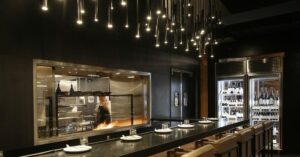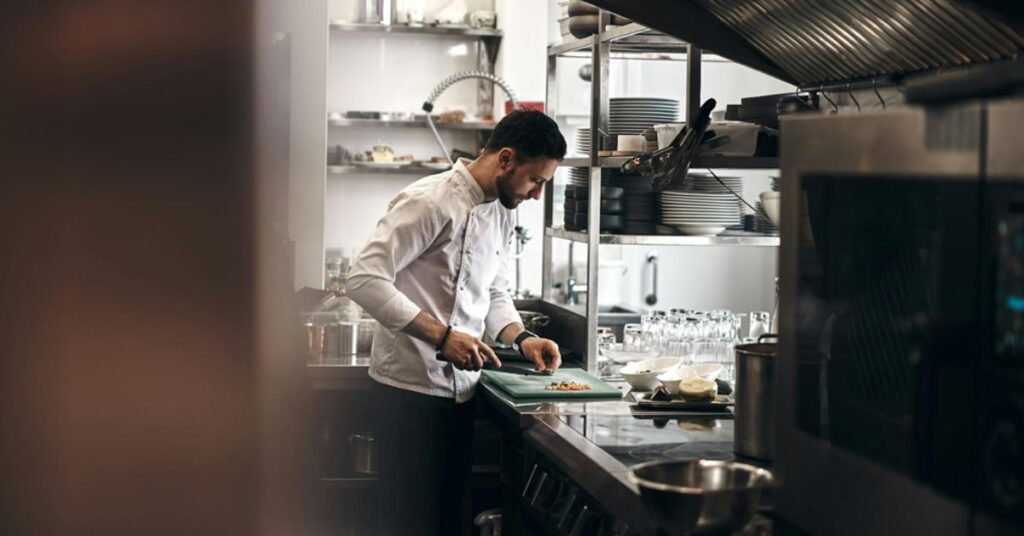Selecting the appropriate commercial kitchen equipment is crucial for the success of any restaurant. Each component is integral in the day-to-day operations, from cooking appliances to refrigeration systems. Ensuring that your kitchen is equipped with reliable and efficient tools can enhance the quality of your food and streamline your service. This article will explore essential considerations for choosing the best equipment for your commercial kitchen. Keep reading to discover how to balance quality with budget, optimize layout and design, promote sustainability, and invest in durable solutions that will stand the test of time.
Understanding the Essentials of Commercial Kitchen Equipment

The backbone of any commercial kitchen is its equipment. A good starting point is to understand the core items every kitchen needs, such as ranges, ovens, and refrigeration units. Each piece should be tailored to fit the style, cuisine, and volume of food your restaurant intends to serve. It’s also wise to consider multi-functional equipment that maximizes utility while saving space.
For instance, convection ovens are preferred over conventional ovens because they distribute heat evenly, resulting in more consistent cooking. Similarly, commercial-grade ranges are designed to withstand heavy usage and offer stronger BTUs (British Thermal Units) than residential models. Beyond cooking appliances, don’t overlook the importance of adequate prep stations, storage solutions, and dishwashing facilities.
Given the array of options, consulting with a culinary professional or a specialist in Portland restaurant equipment can be beneficial to guide your selections. They can provide insights into the most reliable brands and the best equipment to meet your specific needs. Additionally, kitchen equipment demonstrations can be invaluable to see the equipment in action before making a purchase.
Furthermore, technology plays a significant role in modern kitchens, from programmable appliances to advanced temperature monitoring. These advancements can significantly improve efficiency and consistency in your operations. With each piece of equipment, consider the technological features that could save time, reduce waste, or improve the culinary experience for your guests.
Considering Space: Layout and Design Optimization

Your commercial kitchen layout is almost as important as the equipment itself. An efficient design can enhance workflow, employee productivity, and customer satisfaction. Ensure your space is thoughtfully laid out, with areas designated for cooking, preparation, dishwashing, and storage. Adequate spacing between equipment allows staff to move safely and comfortably during busy periods.
When optimizing your kitchen layout, also consider ease of cleaning and maintenance. Equipment should be arranged to facilitate swift and thorough cleaning, thus maintaining hygiene standards. Moreover, cooking appliances should be strategically placed under ventilation systems to manage heat and airflow effectively.
Choosing equipment with multiple functions or a smaller footprint can significantly affect kitchens with limited space. Innovations in kitchen equipment design are constantly evolving to address space limitations, offering restaurateurs high-performance options that don’t require large areas.
Collaborating with a designer or an architect with experience in commercial kitchen planning can be instrumental. They can help you create a blueprint that maximizes the use of space while ensuring all the equipment fits and functions effectively. This step can prevent costly reconfigurations once the kitchen is operational.
Maintenance and Longevity: Investing in Durable Kitchen Solutions
Regular maintenance is crucial to extending the life of your commercial kitchen equipment. When choosing appliances, consider the ease of maintenance and the availability of service agreements. Many manufacturers offer service contracts that provide routine check-ups and maintenance, ensuring your equipment remains in top condition.
Durability should be a key criterion in your equipment selection process. Opt for products constructed with high-quality materials, such as stainless steel, which can withstand the rigors of a busy kitchen. Durable equipment may come with a higher price tag initially, but it will save money on replacements and repairs in the long term.
Training staff to adequately use and care for equipment is another aspect that can significantly enhance its longevity. Misuse or improper cleaning of appliances can lead to breakdowns and reduce efficiency. Encouraging best practices among your team can make a significant difference in the lifecycle of your equipment.
Finally, the warranty and after-sales support provided by the manufacturer should be considered. A comprehensive warranty can offer peace of mind, safeguarding your investment against defects or malfunctions. Good customer service can resolve issues swiftly, minimizing downtime and keeping your kitchen running smoothly.
Altogether, selecting the right commercial kitchen equipment is essential for optimizing efficiency, ensuring longevity, and maintaining high standards of food quality and service. By carefully considering equipment durability, layout design, and proper maintenance, you can set your restaurant up for sustained success and growth.







